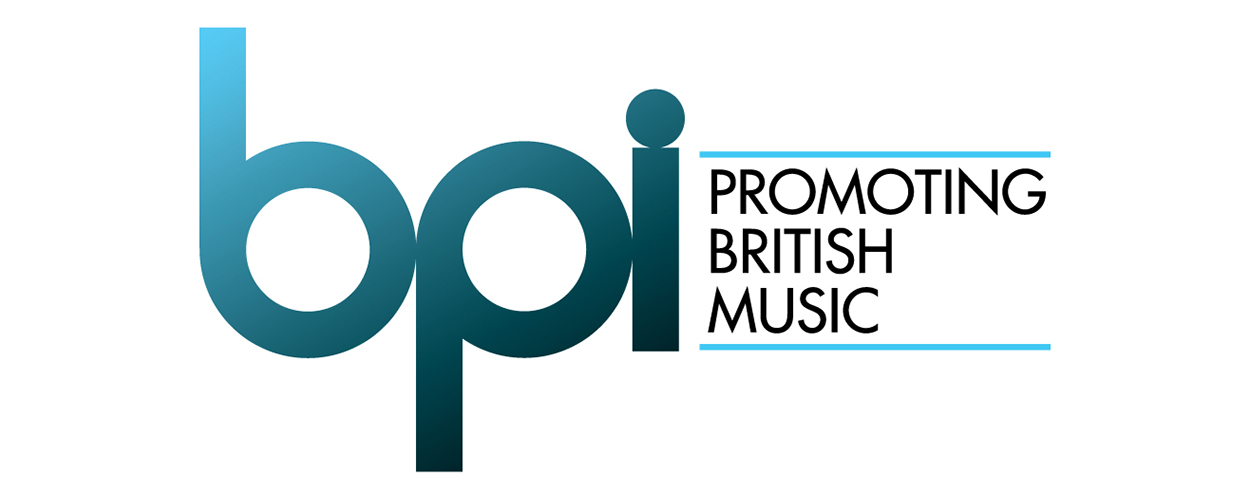This website uses cookies so that we can provide you with the best user experience possible. Cookie information is stored in your browser and performs functions such as recognising you when you return to our website and helping our team to understand which sections of the website you find most interesting and useful.
Business News Labels & Publishers
UK record industry saw 5.1% growth in 2016
By Chris Cooke | Published on Thursday 13 April 2017

The UK record industry saw a 5.1% growth in revenues in 2016, according to new stats released by trade body the BPI today. In line with the various stats packs put out in recent weeks by record industry trade groups in various other countries, the key trend was that a boom in subscription streaming drove a return to growth, while the key message is that the growth isn’t enough because of fucking YouTube.
We got our first helping of UK music market stats for 2016 at the start of the year when the BPI put out its figures about music consumption, and the Entertainment Retailers Association revealed the retail value of music in the UK, which includes both high street and mail-order retail, and the download and streaming platforms. However, the new figures represent the trade income of British record companies last year, and therefore also include sync, broadcast and public performance royalties (the latter two collected by colleting society PPL).
Overall recorded music income for the record companies (ie this excludes any live, merch, brand or publishing income labels see from so called 360 degree deals with artists) was up 5.1% to £926 million. That’s the highest total for the UK record industry in five years, which fits with the narrative that the recorded music market, after over a decade of decline, bottomed out a few years back and is now slowly cranking back into growth.
Although sync, vinyl and PPL income was all up year-on-year in 2016, it was streaming that really enabled that growth, by which we mean paid-for streaming. Streaming revenues at large were up 61% last year, but 87.1% of the streaming monies came from premium services. Ad income from free audio streams was just 3.6% of streaming revenue, while video platforms – which mainly means YouTube – generated 9.3% of that income.
Digital combined now significantly out-performs physical, but it is worth noting that the UK CD market still holds up better than many would have expected, while vinyl – of course – continues to grow. Overall physical formats accounted for 32.2% of UK recorded music revenues last year, whereas streams were 29.6% of the market. Though – because of the way song right licensing works – physical income usually includes the publishers’ share, whereas digital does not, which slightly skews those figures.
But enough stats, let’s lay into YouTube. You may remember that the boss of the Recording Industry Association Of America, Cary Sherman, on launching his organisation’s 2016 figures, only momentarily bigged up the growth before going on at length about the negative impact of safe harbour dwelling services like the Google-owned video site. The labels, of course, insist that YouTube et al are hindering the industry’s revival for reasons we explain in this CMU Trends article here. Record company chiefs want copyright law rewritten to reduce the safe harbour protection enjoyed by sites of the YouTube kind.
His UK counterpart, BPI CEO Geoff Taylor, likewise calls on government to ensure that the record industry can capitalise on the potential of the streaming boom by “making clear in UK law that huge online platforms must pay fair royalties for the music they use”. By “huge online platforms”, he really means YouTube. Though beyond safe harbours, British labels also need to ensure that Theresa Mayhem doesn’t further screw things up when the Brexit bomb is finally properly dropped. The requirements of the creative industries must therefore be on the Brexit agenda, adds the BPI.
Says Taylor on the 2016 stats and his sector’s future: “It’s encouraging to see revenues rise significantly, as more and more consumers enjoy the benefits of subscribing to a premium streaming service or rediscover the joys of vinyl. Britain’s world-leading music sector has the potential for sustained growth in the years ahead, but this exciting future can only be realised if government makes creative businesses a priority post-Brexit”.
He goes on: “What does this mean? It means making sure that UK artists can tour freely in EU markets and that UK businesses can access the best talent. It means taking firm action against illegal websites that deny artists a living, and it means making clear in UK law that huge online platforms must pay fair royalties for the music they use. And it means working with industry to boost exports by promoting strong IP protection in trade negotiations with other countries”.
Taylor concludes: “UK record labels will continue to take huge risks backing emerging British talent and investing hundreds of millions of pounds annually to bring it to a global audience. With strong support from government, British music can continue to be a global success”.





